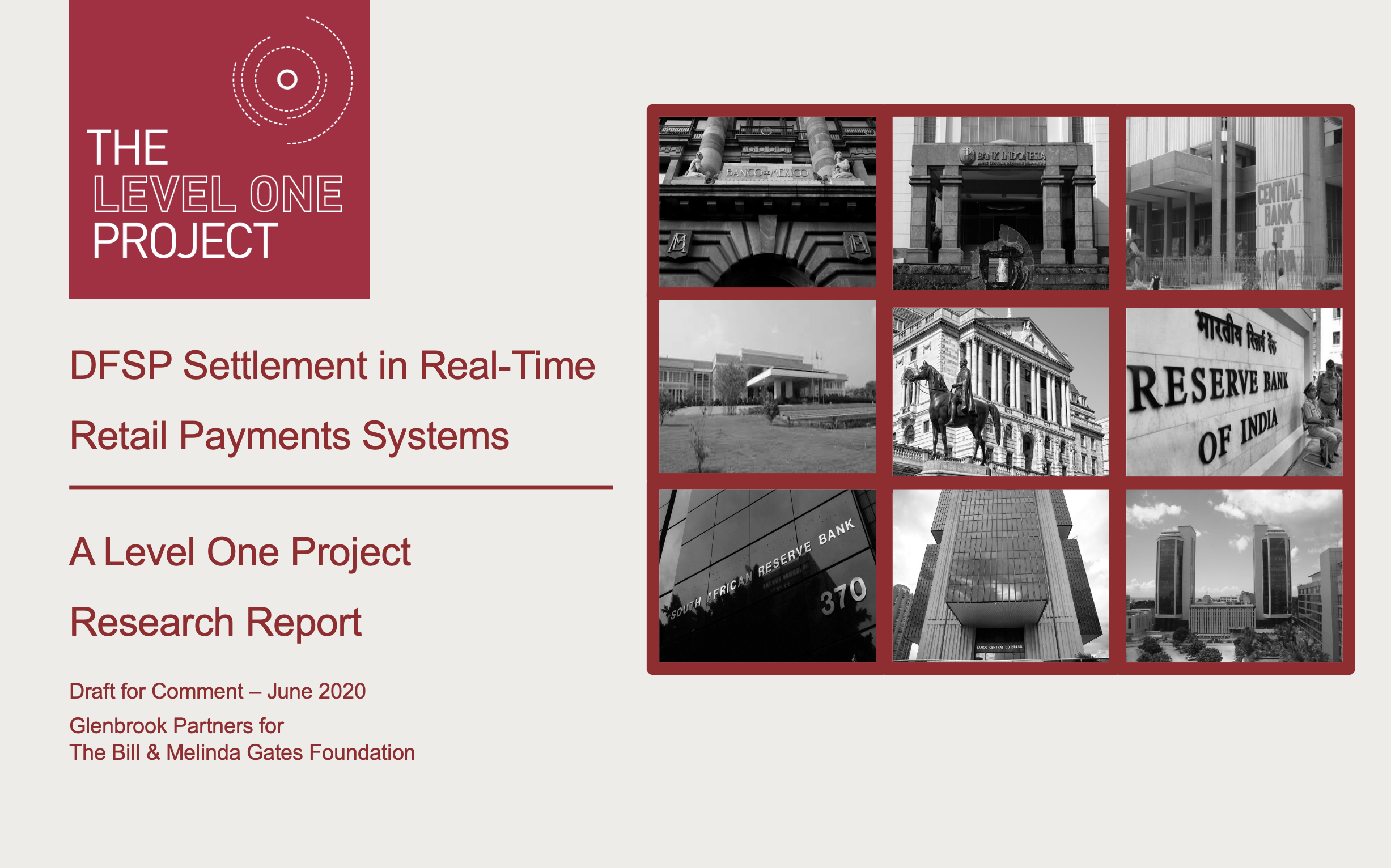Taxonomy Archives: Operating Rules
July 7, 2020
Fees
July 7, 2020
Use Case Rules
July 7, 2020
Brand Usage
July 7, 2020
Risk Management
July 7, 2020
Settlement
July 7, 2020
Transaction Processing
July 7, 2020
Standards
July 7, 2020
Participant Responsibilities
July 7, 2020

